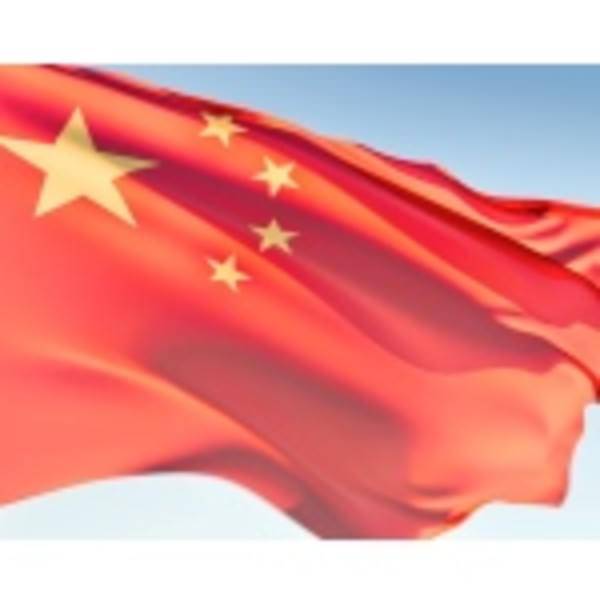Facebook CEO Mark Zuckerberg may have been spotted vacationing in China this week, but as far as the chief executives of his Chinese competitors are concerned, he’s no threat.

Those CEOs routinely tell the state-controlled Chinese press that they’re beating Facebook, Twitter and Google+ in growth among Chinese users – never mentioning that Facebook, Twitter, Google+ and most other foreign social networks are banned from operating in China.
“It’s always interesting when the CEOs of Chinese social media companies tell the press that they are beating the foreign companies in China,” said a member of a U.S. communications firm that has offices in China. “Not exactly difficult when your competitors are blocked. The press, both local and foreign, tend to stay away from the story. Nobody wants to lose access.”
Zuckerberg has been traveling to China since 2010 in an effort to improve relationships and explore business opportunities. Not only would Facebook like to offer its service to the increasingly connected country, but the company has been forging relationships with Chinese software and app developers.
While some Chinese Internet users are able to circumvent the so-called Great Firewall and access U.S.-based social networks, most are blocked and forced to rely on government-approved platforms.
“We continue to evaluate entering China,” Facebook said in a filing with the Securities and Exchange Commission as part of its initial public offering. “However, this market has substantial legal and regulatory complexities that have prevented our entry into China to date.”
Earlier this year, China launched a pilot program in five cities requiring users of Twitter-like microblogging sites to register their real names. Known as “weibo” sites, about half of China’s 513 million Internet users access the sites, and their use has quadrupled in the past year.
China has given no time frame of when or even if it will open up to U.S.-based social networks, but the pilot program seems to favor a social network that requires users to register with their real names. Twitter famously allows people to sign up anonymously, and Google+ was banned in China one day after it was launched last summer. But Facebook has tight rules on users registering their real names, and Facebook CEO Mark Zuckerberg is reportedly planning another trip to China.
Despite the restrictions on free speech, which also prohibit Internet users from saying anything negative about the ruling political party, China remains the world’s second-biggest economy and a largely untapped market for major U.S. tech companies. Last year, Facebook COO Sheryl Sandberg told Time “it’s impossible to think about connecting the whole world right now without also connecting China.”
Image courtesy of Shutterstock.

















